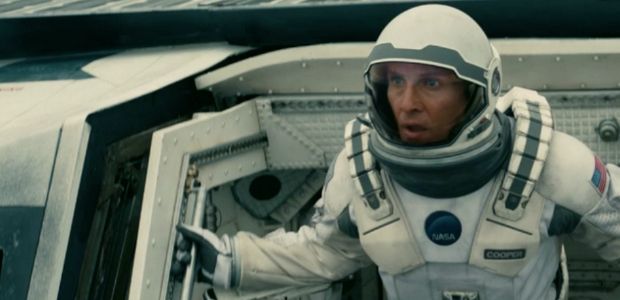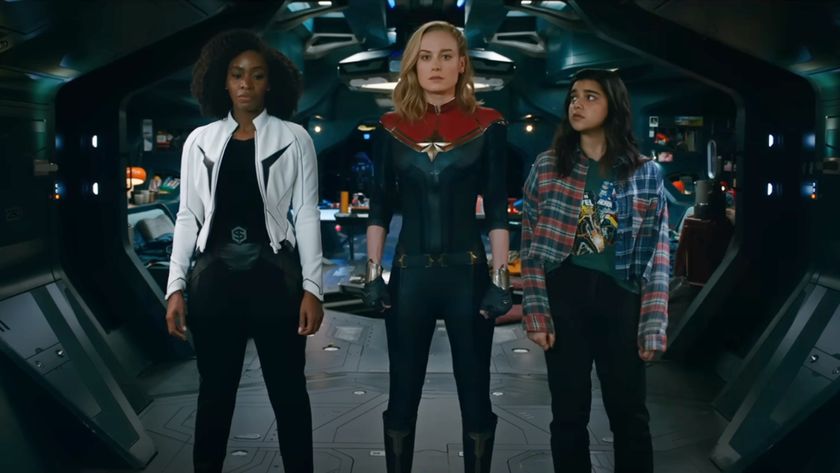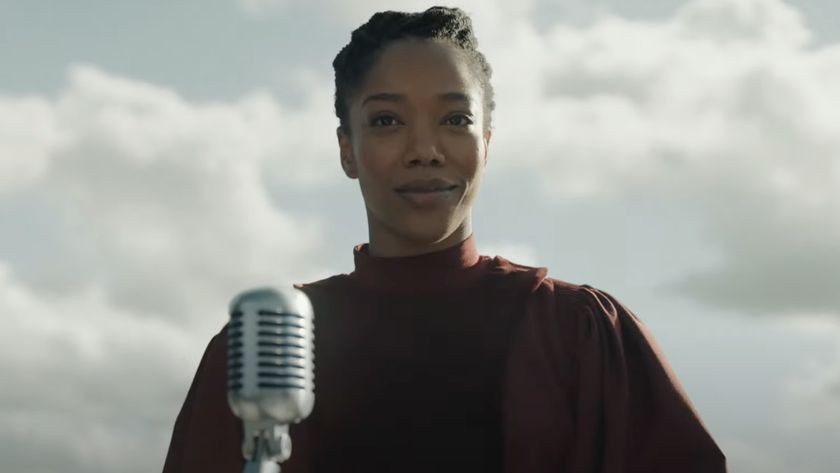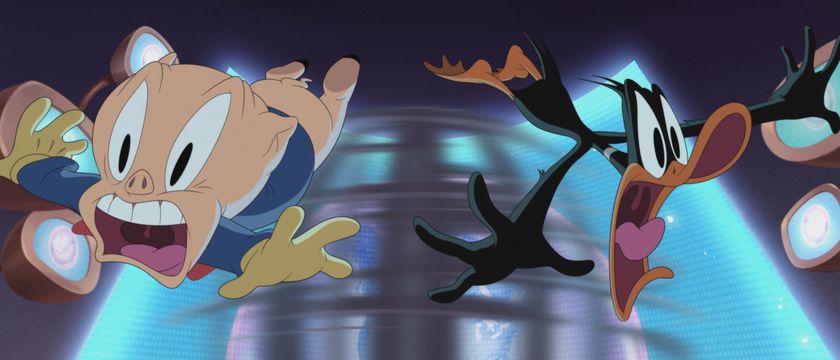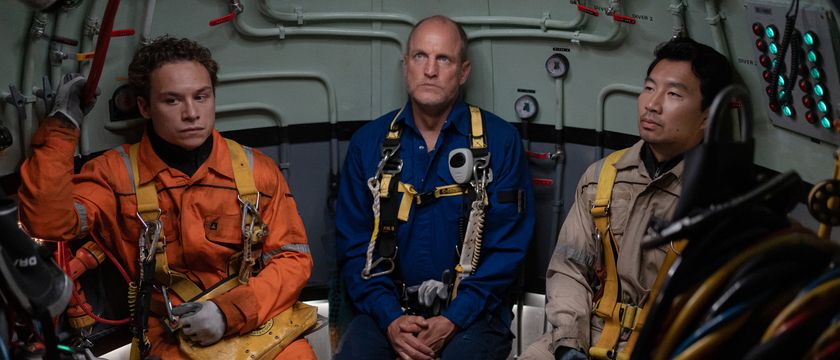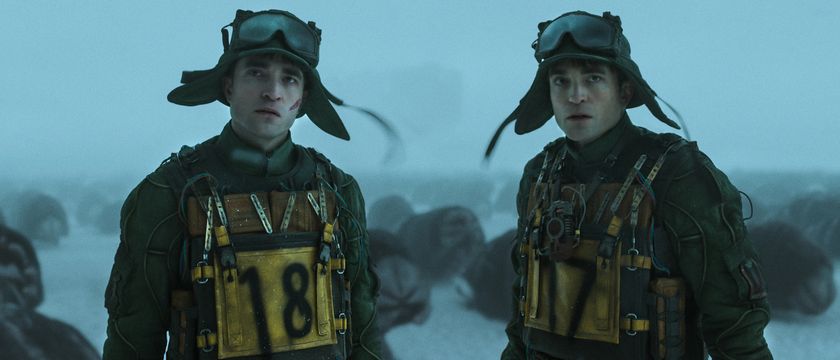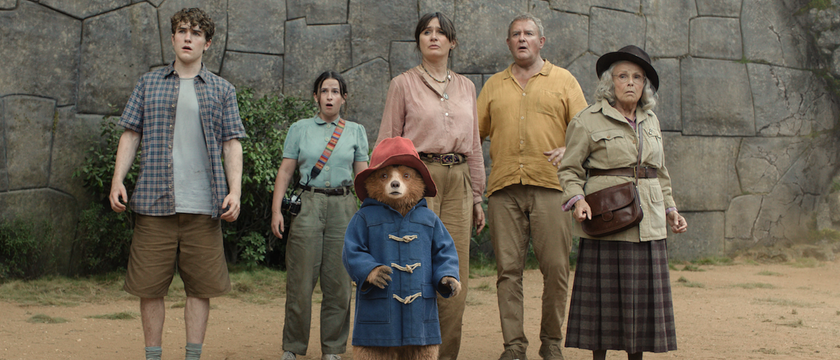Audiences have understandably become expectant of the unexpected from Christopher Nolan. In his 16 years as a filmmaker, he has excelled in changing our perceptions of narrative and genre, be it with the backwards-running Memento, the cerebral blockbuster Inception, or the Oscar-winning Dark Knight trilogy. Nolan is a filmmaker we turn to when we want something outside of the norms and deliver something that is both "unordinary" and exists on a massive scale. “Predictable” isn’t a word we’d expect to be uttered within 10 miles of a Christopher Nolan movie - and yet it’s painfully necessarily in discussion of Interstellar, Nolan’s aesthetically beautiful, large-scale sci-fi drama that is admirable in its ideas and style, but lacking in its storytelling and execution.
The story of a last-ditch space expedition hoping to find a new home for the human race after a blight has left the future Earth slowly dying, the film is far from subtle with what is a very positive and important allegory and message: the answer to our species outliving our planet rests in the stars, and we will never reach them if our space programs remain underfunded and underutilized. Spliced with a good dose of theoretical physics -- as well as a Spielberg-esque father-daughter drama that finds a farmer/former pilot named Cooper (Matthew McConaughey) leaving his family behind to lead the aforementioned mission -- the film is high-minded, but ultimately taken down by a mix of both obvious and overly-confusing plot maneuverings. Big mysteries introduced at the start are solvable instantaneously, and far too often, big questions aren’t asked until it’s convenient for the plot.
While script elements loosely hold the film together, it doesn’t undercut Nolan’s gift for spectacle, and there are many breathtaking sequences that are honestly set up in the narrative and are visually magnificent. Without giving away too many details – it’s truly best for the film to open up to you on the big screen – the destinations where the space-searching crew wind up are remarkable and create some terrific, intense drama, and the production design and practical approach truly allows the audience to get lost in the cinematic experience. What’s more, the director’s embrace of 70mm filmmaking once again generates an invigorating epic feel and an immersive quality that makes you feel like you’re going to fall into the pool of stars trillions of miles away.
To help tell the story of Interstellar, Nolan once again enlists a large cast of both big name stars and talented character actors, and all perform admirably – though one clearly sticks out above all others. Continuing his career renaissance, McConaughey once again proves himself a strong, charismatic leading man, and he does so here playing Cooper with great duality: one side of him reaching for the stars and beyond, the other side never wanting to let go of his family. The Oscar-winning star plays both sides of the character with great passion and serves as a terrific conduit for the audience.
Of course, the side effect of having one character stand out so much in a large ensemble is that everyone else gets overshadowed – and while the rest of the cast does its job, they also aren’t exactly given a ton of material to work with. Cruising through the stars alongside McConaughey, Anne Hathaway is given the second most development and screentime (far more than Wes Bentley and David Gyasi), and really that only extends to rather vague relationships she has to other key figures in the plot. Jessica Chastain does most of the heavy lifting back on Earth, playing Cooper’s daughter as an adult and dealing with more than her fair share of abandonment issues, and while she effectively sells the drama, she is also stuck on the much less dynamic side of the story.
There is an earned level of expectation that will come packaged along with Christopher Nolan’s film as it arrives in theaters, and those expectations will result in a mixed emotional response. There is no question that Interstellar delivers in terms of spectacle, as the movie is immersive, scattered with gorgeous photography, and demands to be shown on the biggest screen imaginable. But it’s also hard not to be disappointed by its limited scope, creatively.

Eric Eisenberg is the Assistant Managing Editor at CinemaBlend. After graduating Boston University and earning a bachelor’s degree in journalism, he took a part-time job as a staff writer for CinemaBlend, and after six months was offered the opportunity to move to Los Angeles and take on a newly created West Coast Editor position. Over a decade later, he's continuing to advance his interests and expertise. In addition to conducting filmmaker interviews and contributing to the news and feature content of the site, Eric also oversees the Movie Reviews section, writes the the weekend box office report (published Sundays), and is the site's resident Stephen King expert. He has two King-related columns.
